The European Union is set to press India to cut its high tariffs on key products such as cars and wine in an effort to boost bilateral trade, reduce reliance on China, and pave the way for a comprehensive free trade agreement, according to a senior EU official.
Speaking on condition of anonymity, the official said the EU will urge India to lower tariffs on goods that are commercially important to European industries, while offering flexibility on agricultural issues to facilitate negotiations. “The Indian market is relatively closed, especially to key products of commercial interest to the European Union and our member states’ industries, including cars, wines and spirits,” the official said.
This announcement comes ahead of European Commission President Ursula von der Leyen’s two-day visit to New Delhi, during which she is scheduled to meet with Indian Prime Minister Narendra Modi on Friday and trade minister Piyush Goyal subsequently. The discussions are set against a backdrop of escalating geopolitical tensions, as both Brussels and New Delhi seek to deepen their strategic partnership, enhance economic and security cooperation, and diversify supply chains to reduce dependency on China.
The push for tariff reductions aligns with broader trade policy shifts. It echoes U.S. President Donald Trump’s recent threat of reciprocal tariffs on goods from countries imposing digital service taxes on U.S. tech firms, a move that has raised concerns among Indian exporters. Analysts from Citi Research estimate that new reciprocal tariffs could cost India around $7 billion annually.
The EU, which is India’s largest trading partner in goods with trade nearing $126 billion in 2024—an increase of roughly 90% over the past decade—views India as a vital ally in its “de-risking” strategy. This strategy aims not only to strengthen economic and security ties but also to reduce the EU’s reliance on Chinese products.
Beyond trade, the visit is expected to cover security cooperation. The EU is keen to secure India’s support for a “peaceful and just deal” to bolster Ukraine’s security, and discussions may include sharing classified security information to address common threats such as cyber attacks and terrorism.
However, some analysts caution that tangible outcomes may be challenging to achieve. Ajay Srivastava, founder of the Delhi-based Global Trade Initiative and India’s former negotiator in EU trade talks, emphasized the importance of recognizing India as a data-secure partner. “While both parties have concerns about China, neither sees it as a top priority,” Srivastava said, noting that India is more focused on border tensions with China, whereas the EU is primarily preoccupied with the Ukraine-Russia conflict and NATO matters.
As the next round of trade negotiations is scheduled for March 10-14 in Brussels, all eyes will be on how these high-stakes discussions shape the future of EU-India trade and broader efforts to recalibrate global supply chains amid shifting geopolitical dynamics.
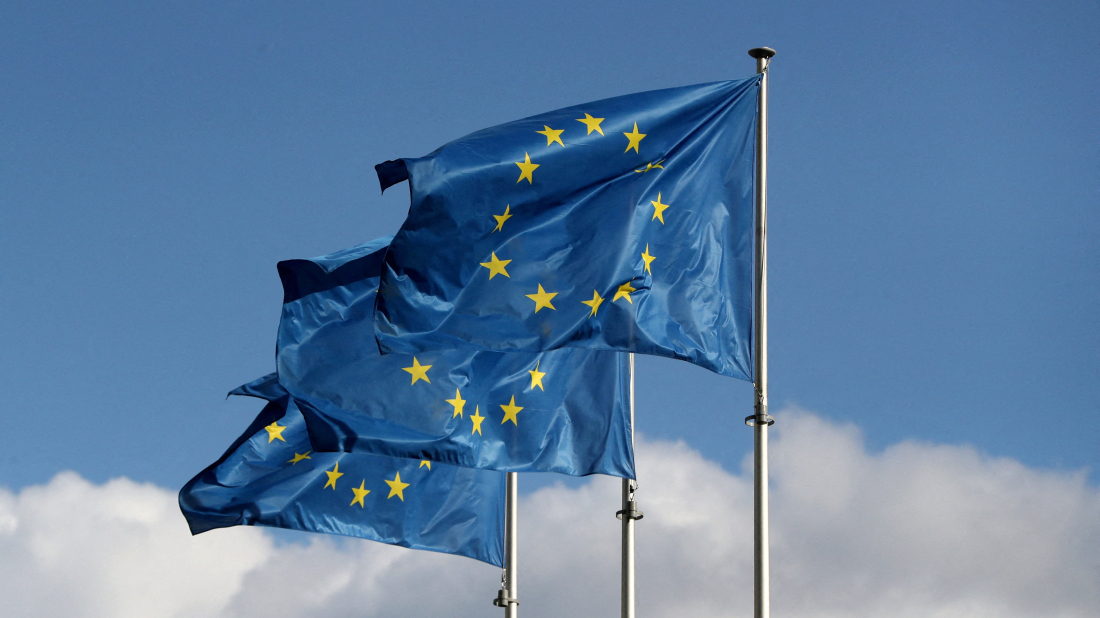
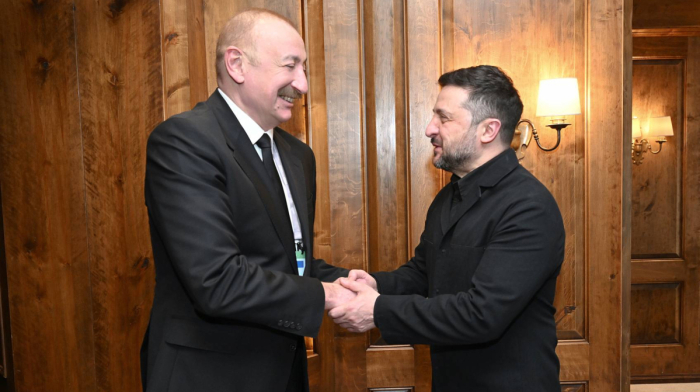
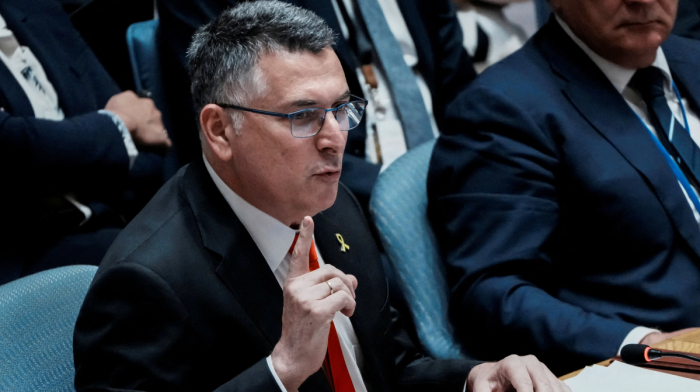
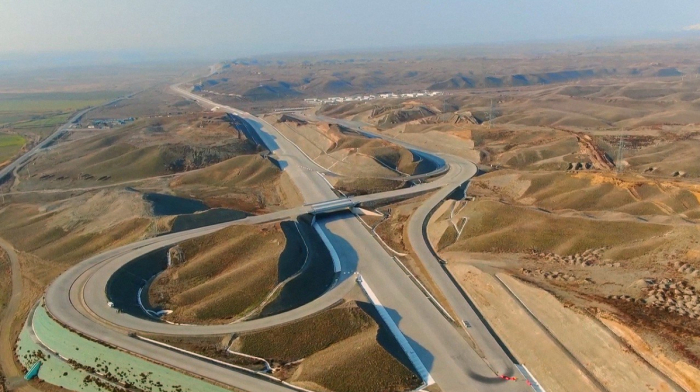
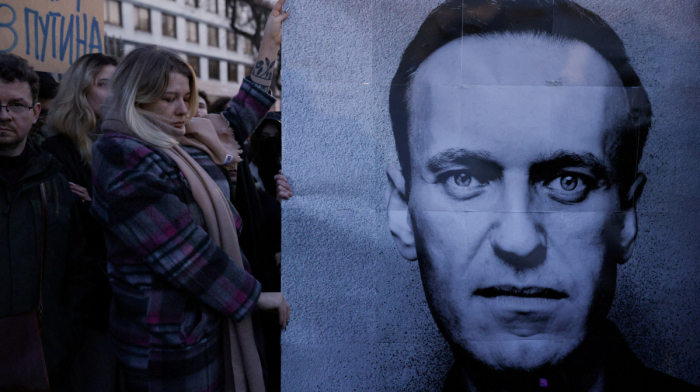


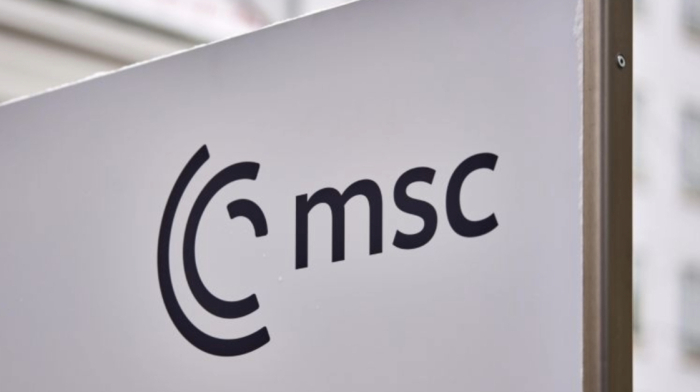
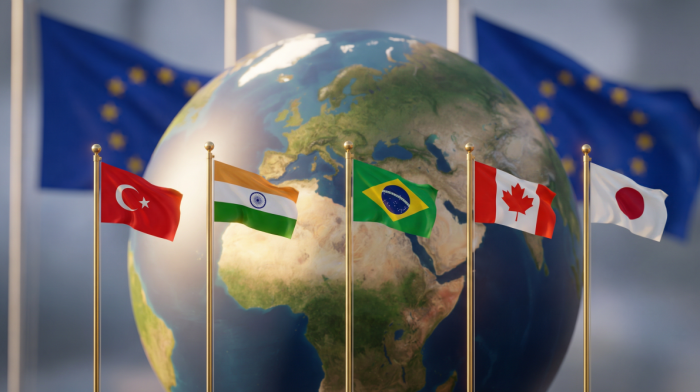
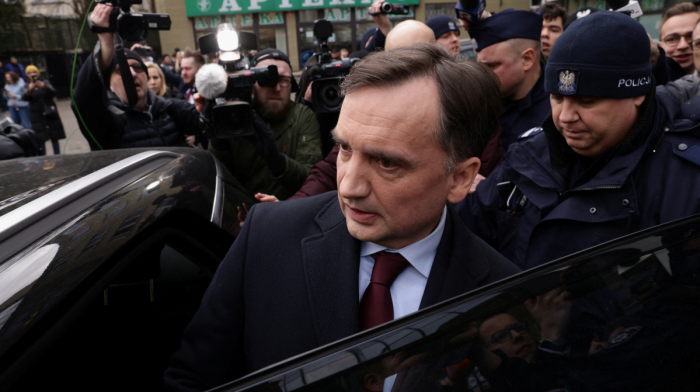
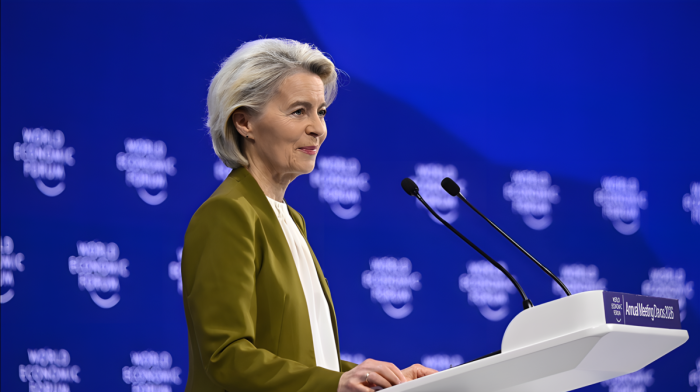
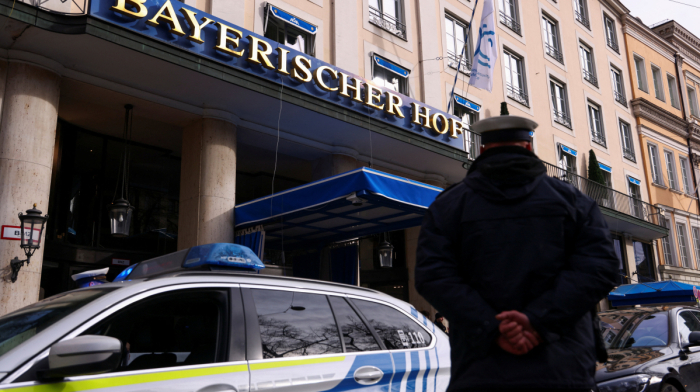
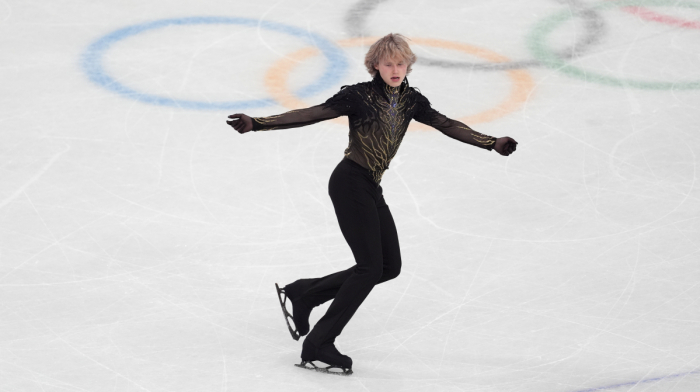
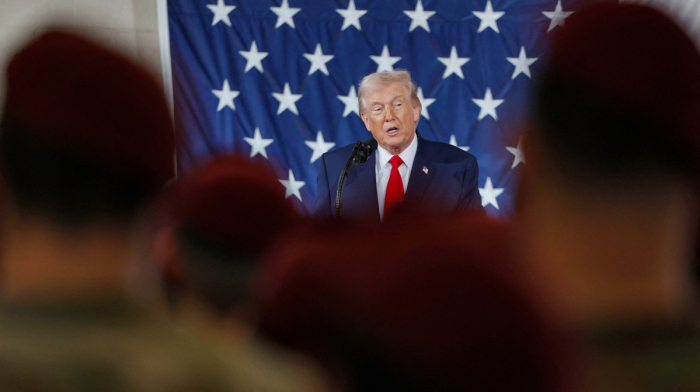
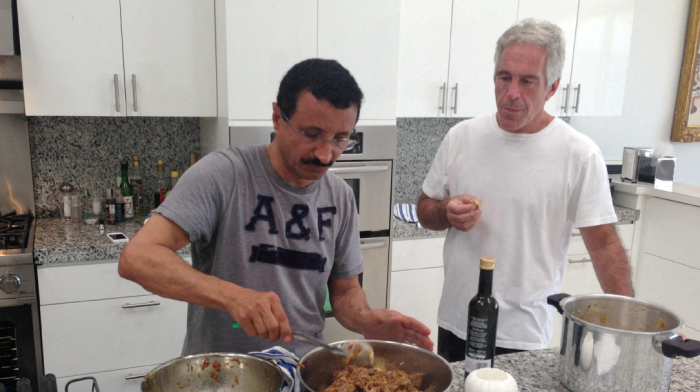
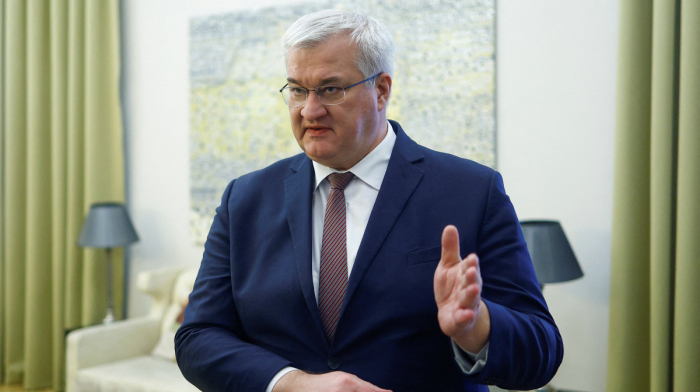
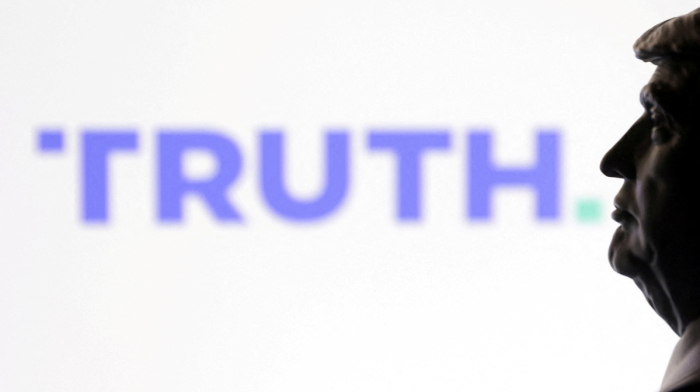



What is your opinion on this topic?
Leave the first comment